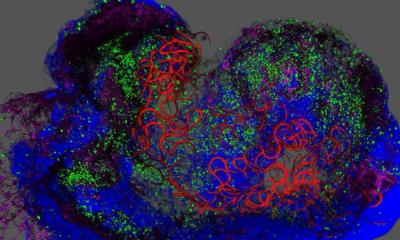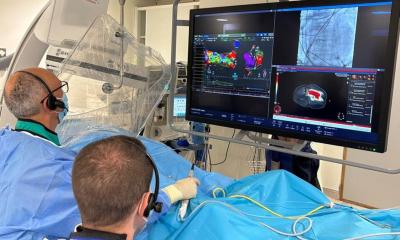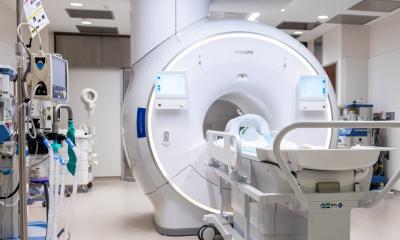Endolign is an excellent material for structural uses and the replacement of metals in high sustained or cyclic load applications requiring blood, bone or tissue contact of more than 30 days. The composite is available as pre-impregnated tape that can be compression-molded, filament-wound or pultruded into plaques of profiles or as rods that can be heat-formed or transformed through Composite Flow Molding into final parts. Several Endolign composite-based implantable devices already received CE and FDA approvals.
The composite material offers a unique combination of features and benefits:
Exceptional mechanicals and tailorability
Its excellent tensile strength, stiffness and fatigue behaviour allows the replacement of metal in structural implants, such as cobalt chromium alloys, titanium alloys and stainless steal.
Biocompatibility
Endolign ensures a safe, long-term implantation. Biocompatibility tests showed no evidence of cytotoxicity, systemic toxicity, irritation or macroscopic reaction response.
Image Compatibility
It is MRI, CT and X-ray compatible, thus allowing a clear visualization of the healing site.





